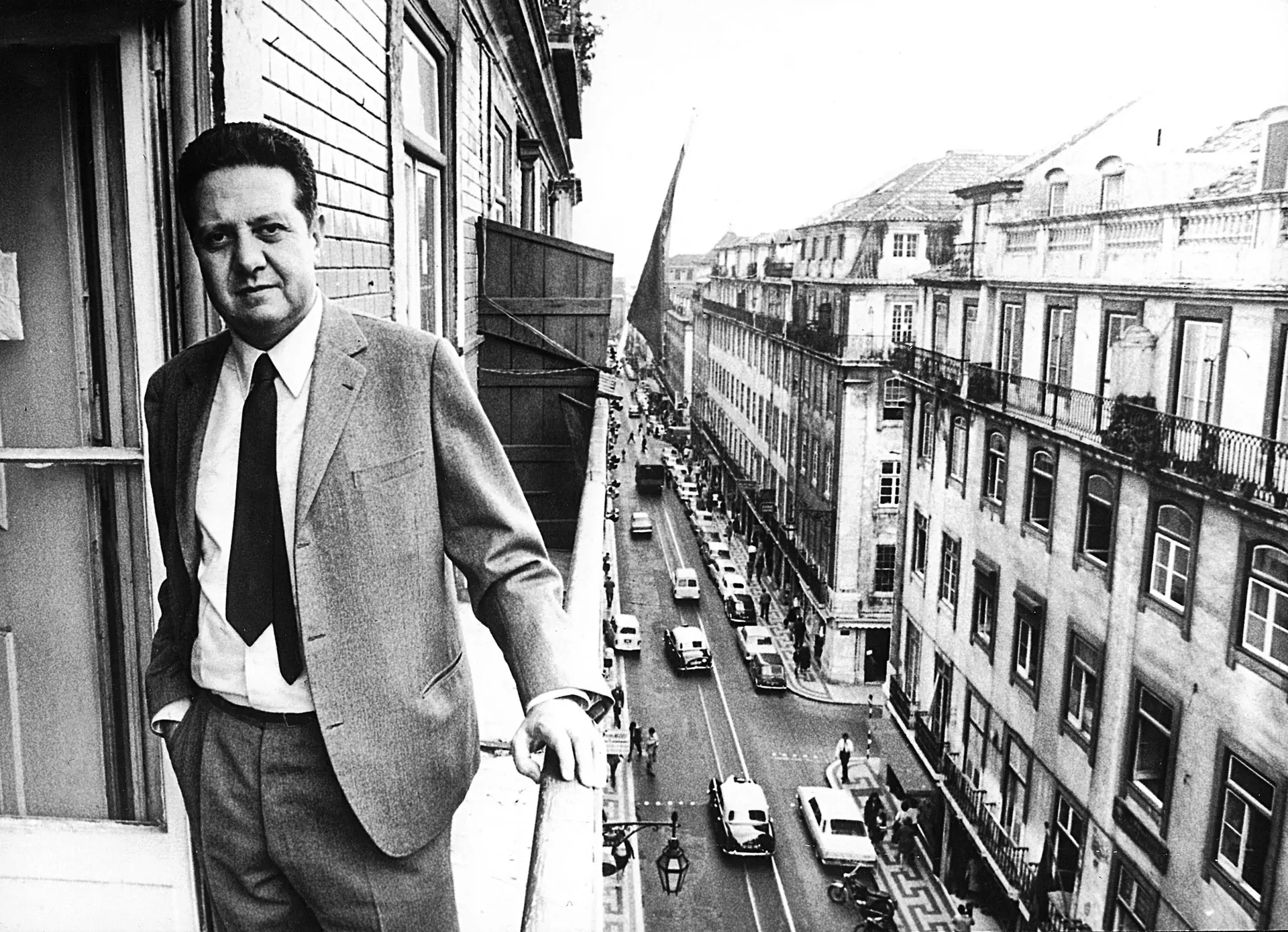
- Favorite readings should be shared.
- Our community recommends a new book to you every day.
- The book “The Cartographer of Absences” by Mia Couto, published on September 2, 2022, by Éditions Métailié, was published today.
Alan Rumboldt, writer, Blogger And the contributor group reading 20 minutes booksrecommend Absence chart Written by Mia Couto, published on September 2, 2022 by Éditions Métailié.
His favorite quote:
“One day, the secret police came to take the typewriter. They wanted to know who was the author of some subversive leaflets circulating around the city. The police left our house carrying this suspicious package in their arms. They held it away from their bodies, as if it might explode at any moment. “Adriano Santiago, disheveled and wearing an undershirt, followed the procession of police officers like a sleepwalker. He remained like that on the highway until my mother brought him home. A heavy silence fell over us all. I never imagined that a simple machine would occupy us so much.”
Why this book?
- Because this novel takes us back to the era of colonialism Portuguese in Mozambique. The events take place partly in 1973, in the midst of the War of Independence that saw the struggle of colonial powers and Portuguese fascism on the one hand, and resistance that took various forms on the other. It's about massacres, state police, armed occupation, and resistance from blacks and some whites. It's also a matter of racism, collaboration, a wall of fire, and a lot of incomprehension on the part of the often confused Portuguese soldiers.
- Because the work revolves around two eras that resonate. On the one hand, in March 2019, the poet Diogo Santiago goes to Beira, his hometown, in search of his childhood and some secrets to uncover. On the other hand, in February 1973, Adriano Santiago, Diogo's father and also a poet, went to Inhaminga to collect evidence of the massacre committed by the colonial power. The two eras unfold before our eyes, and little by little, the reader discovers the depth and complexity of the beings caught up in dramatic situations. This novel cannot but arouse strong resonances in us.
- Because several investigations are conducted in parallel. Adriano will go in search of his “nephew” Sandro, who has been integrated into the regular Portuguese army but will escape from it. where did he go? Is he still alive? Diogo, for his part, seeks to put the pieces of his childhood back together to find out who really did what. Liana will help him search for the story of his mother who was miraculously saved from the waters in her youth. Humans, because of the colonial situation and war, have a history heavier than the world they bear. There are only exceptional fates.
- Because if the two main characters are poets, The author is also one. Often, the characters' point of view is surprising, unexpected, and original. In the face of an ordinary situation, they offer an unusually profound and poetic vision. It is the gap between what the reader expects to read and the surprising words of the characters that elicits a sudden emotion in the reader, and great aesthetic pleasure. It is a moving novel, truly moving and very beautiful.
The basics in two minutes
the plot. During the Mozambican War of Independence, a poet and journalist tries to help the resistance against the Portuguese fascist regime. 46 years later, his son tries to discover the truth about this disturbing past.
Characters. Adriano Santiago, Diogo's father, both poets; Benedetto, the servant of the Santiago family; Inspector Oscar Campos; Ermelinda or Almalinda, Liana's mother: Sandro, Adriano's “nephew”.
Locations. Mozambique, Beira; Inhaminga; Lisbon
the time. 1973, near the end of the War of Independence. 2019, years after the end of the civil war that followed independence.
Author. Mia Kotto was born in Mozambique in 1955. He is committed to the country's independence. He is a journalist, writer and professor of ecology at the University of Maputo. It has been translated in many countries and won prestigious awards.
This book has been read She was overwhelmed by the story and moved by the great poetry of this text. This is a great novel!
Would you like to recommend a book you particularly liked? Join our community by clicking here
20 minutes of context
Some of the links in this article are sponsored. Every time you buy a book through one of them, we get a commission that helps us pay our bills. To avoid any conflict of interest, we adopted the following method:
1. Section participants select their books, produce their files and reviews completely independently, without worrying about which links will be added.
2. Links are added retrospectively, each time we find a recommended product on one of our partner platforms.
Thanks in advance to anyone who clicks!





